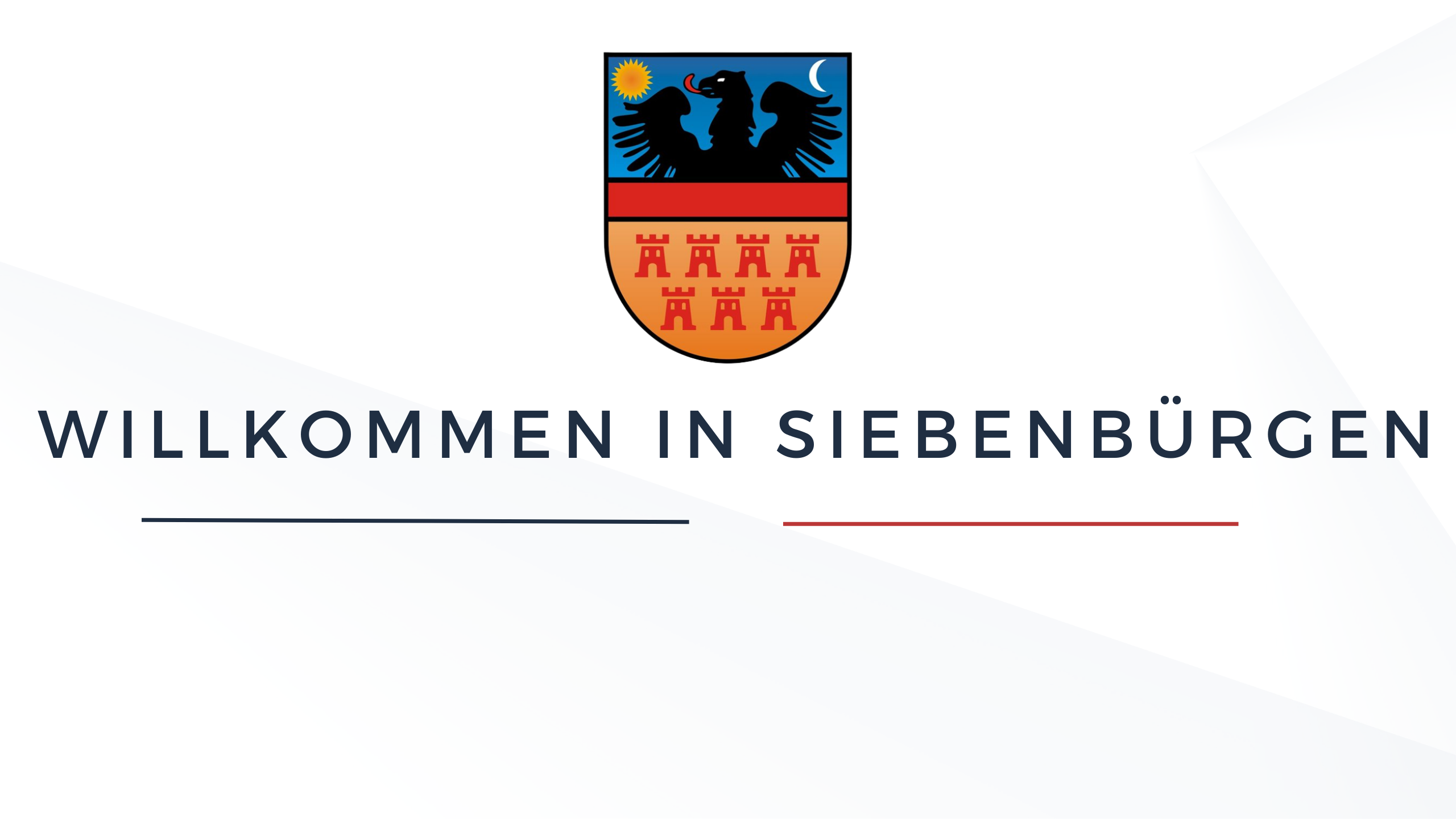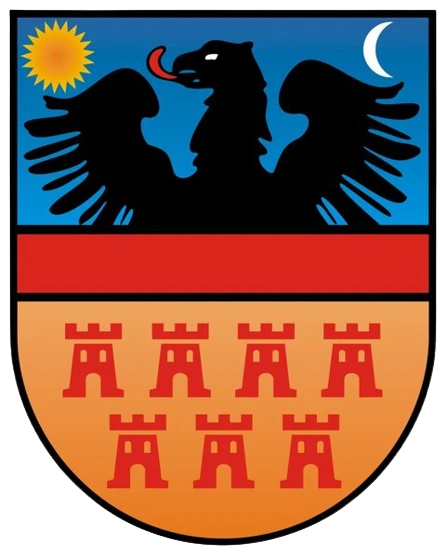Living as a retiree in Romania, can be an attractive option, especially because of the lower cost of living compared to many other European countries.. However, it is important to be aware of the residence regulations, pension taxation, and cost of living. Romania offers a rich culture, diverse landscape, and a growing expat community.
- Pension payments: As a pensioner, you can also receive your German pension in Romania.
- Double taxation agreement: Germany has concluded a double taxation agreement with Romania. As a rule, German pensions are taxable in Germany.
- Company/private pension plans: Benefits from occupational or private pension schemes are generally taxed in Romania.
✅ Requirements for retirement in Romania
You need:
Proof of your retirement (pension)
A bank account so that the pension fund can transfer your pension to you
Health insurance
Proof of residence in Romania
Valid passport or identity card
Registration with the immigration authorities (IGI)
🧾 Step-by-step instructions
1. Establish residence in Romania
You need a rental contract or a notarized confirmation of residence (if you live with someone).
This must be in Romanian and can be notarized by the notary.
2. Proof of health insurance
You have two options:
Option A: EHIC (European Health Insurance Card)
Sufficient for the first registration..
Sometimes only accepted on a temporary basis, especially in rural IGI posts.
Option B: Romanian National Health Insurance (CNAS)
Recommended for long-term stays.
You sign up voluntarily.
Contribution (as of 2025): approx. 330–400 RON/Monat (~65–80 €).
You need a tax identification number (NIF) and must register with the tax office (ANAF).
💡 There may be special regulations for EU pensioners, e.g. if you receive an S1 certificate from your German health insurance fund – this allows you to register with CNAS free of charge, as the German fund covers the costs.
3. Proof of your pension
Pension statement (e.g., from the German Pension Insurance Fund)
Translation into Romanian (by a certified translator)
4. Registration with the Immigration and Naturalization Service (INS)
You must apply for a Certificat de Înregistrare (residence certificate) from the Inspectoratul General pentru Imigrări (IGI).
What to bring:
Passport or ID card
Rental agreement or notarized certificate of residence
Proof of pension
Health insurance (EHIC, S1, or CNAS)
2 passport photos (biometric)
Certified Romanian translations, if necessary
5. Receive CNP
When you are issued with a residence certificate, you will automatically receive a Cod Numeric Personal (CNP).
The CNP appears on your residence permit and is used by all authorities (e.g., tax, bank, health system).
⏳ How long does it take?
The process takes between 1 and 4 weeks, depending on the region..
The residence permit is generally valid for five yearsand can be renewed thereafter.
🏥 Important information about insurance – S1 or voluntary?
If you statutory health insurance in Germany (e.g., AOK, TK, DAK, etc.)you can request Form S1 from your health insurance provider.
You can register with CNAS free of charge using the S1 form . Romania will then settle the costs with Germany.
You get S1:
With German health insurance
If you move to another EU country and live there
If you remain insured in Germany
✅ Conclusion: What you need (checklist)
| Document / Proof | Purpose |
|---|---|
| Valid identity card/passport | Identity |
| Rental agreement or proof of residence | Residence in Romania |
| Pension statement (translated) | Proof of means of subsistence |
| Health insurance (EHIC / CNAS / S1) | Access to healthcare |
| 2 passport photos (biometric) | For residence permits |
- Open a bank account
- Residence permit for Romania
- Health insurance in Romania









